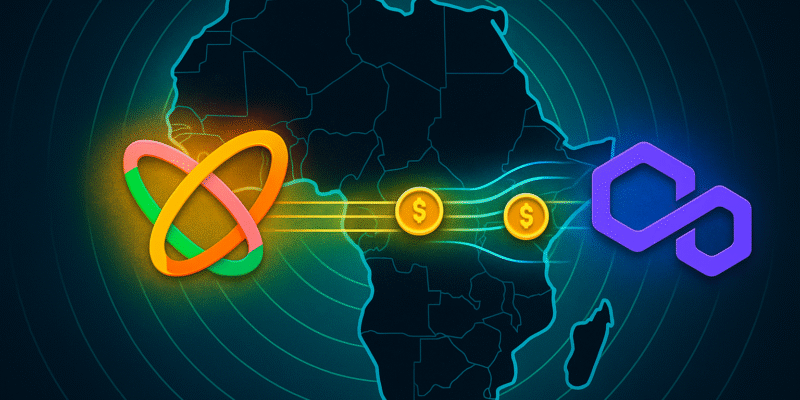The Flutterwave Polygon stablecoin partnership marks one of the most significant steps yet in linking Africa’s fintech ecosystem with global blockchain infrastructure. Through this collaboration, Flutterwave aims to unlock seamless cross-border transactions using stablecoins as the backbone for instant, low-cost digital payments.
Flutterwave, one of Africa’s most valuable startups, has built its reputation as the payment gateway powering merchants and platforms from Lagos to Nairobi. Polygon Labs, on the other hand, brings blockchain scalability and developer depth through its Layer-2 network. Together, the two companies are setting the stage for a shift in how African businesses and consumers move money across borders.
Under the Flutterwave Polygon stablecoin partnership, users will be able to send and receive payments in stablecoins pegged to the US dollar, ensuring transaction speed and price stability while reducing reliance on traditional banks and intermediaries. This could particularly benefit freelancers, e-commerce vendors, and remittance users who face high fees and long settlement times when using legacy systems.
The partnership also signals a broader convergence between traditional fintech and Web3 innovation. Flutterwave’s infrastructure will allow stablecoin payments to flow through its existing merchant network of over one million businesses, while Polygon’s blockchain ensures transparent, verifiable transactions. For users, the result is near-instant transfers that can settle in seconds, not days.
Industry observers believe the move could help accelerate the adoption of stablecoins across Africa, where many still face challenges accessing foreign currency or digital banking tools. It also aligns with the growing regional trend toward regulated digital assets, as seen in Kenya’s recent VASP framework and South Africa’s crypto licensing rollout.
Still, questions remain about regulation and interoperability. Authorities across the continent are yet to fully harmonize how stablecoins fit into financial systems. For now, most countries allow private innovation under limited oversight, though new rules are expected to emerge as adoption grows.
In the meantime, the Flutterwave Polygon stablecoin partnership may become a model for how African fintechs can collaborate with global blockchain players without losing local relevance. It is a reminder that while the technology is global, the most meaningful impact often begins with solving local problems and in Africa’s case, those problems include cost, access, and speed.

Comments